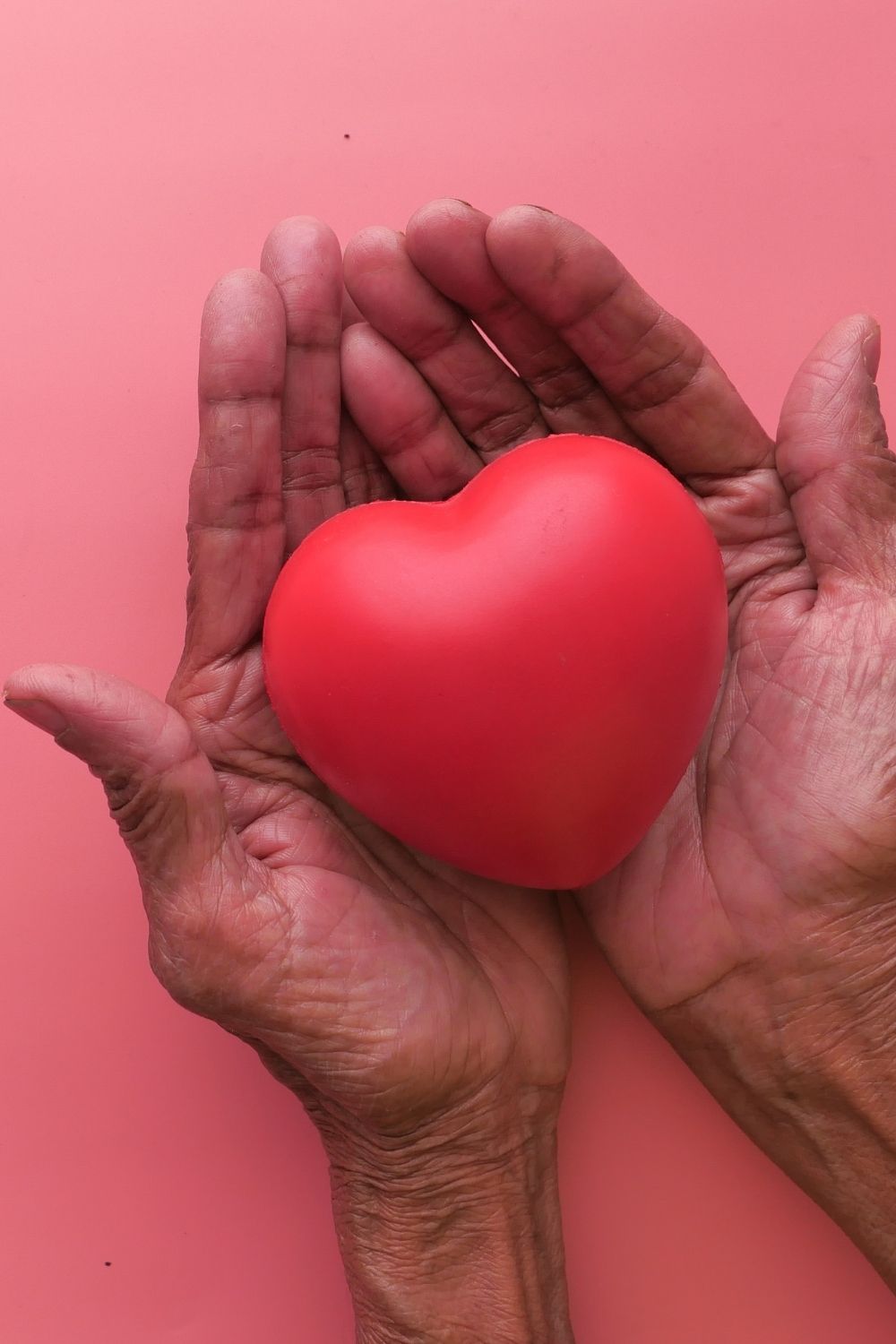January is National Blood Donor Month
Every two seconds, someone in the United States needs blood
The Red Cross needs to collect more than 13,000 donations every day to keep the blood supply ready and available to meet the needs of about 2,600 hospitals, clinics and cancer centers across the country. They rely on voluntary blood donors.
Why January?
According to the American Red Cross, winter is “one of the most difficult times of year to collect enough blood products to meet patient needs.” That’s because of, among other things, busy holiday schedules and bad weather often resulting in canceled blood drives. Furthermore, seasonal illnesses such as the flu force potential donors to forgo their blood donations.
That’s just one of the reasons that National Blood Donor Month, which has taken place each January since 1970, is such an important observance. Donating blood saves many lives and improves health for many people. According to the World Health Organization, “blood is the most precious gift that anyone can give to another person — the gift of life. A decision to donate your blood can save a life.”
Give Blood!
Give blood. Don’t wait for a disaster. Someone needs blood now! Contact the American Red Cross or your local blood bank for more information. Use #NationalBloodDonorMonth and #GiveBlood to share on social media. Here are some of the biggest reasons giving blood is so important:
About 36,000 units of red blood cells and 7,000 units of platelets are needed every single day in the U.S.
A single-car accident victim may need up to 100 pints of blood to survive.
38% of our population is eligible to donate, but less than 10% actually do.
A single donation from a single patient can help more than one person.
The most requested blood type by hospitals is type O. This kind of blood can be transfused to patients of all blood types, so it’s always in great demand and very short supply. Only 7% of people in the U.S. have type O.
About 6.8 million people donate blood every year in the U.S.
Donating blood is a simple, safe process. All you have to do is register, take a mini-medical history test, donate, and then accept free refreshments like water, Gatorade, granola bars, etc.
You Can Make a Difference!
January is National Blood Donor Month, a time to celebrate generous volunteer donors and raise awareness for the need for blood donations. It is also a month often plagued by seasonal illness and winter storms that result in low donor turnout at blood drives and force many to delay giving, and this year is no different.

